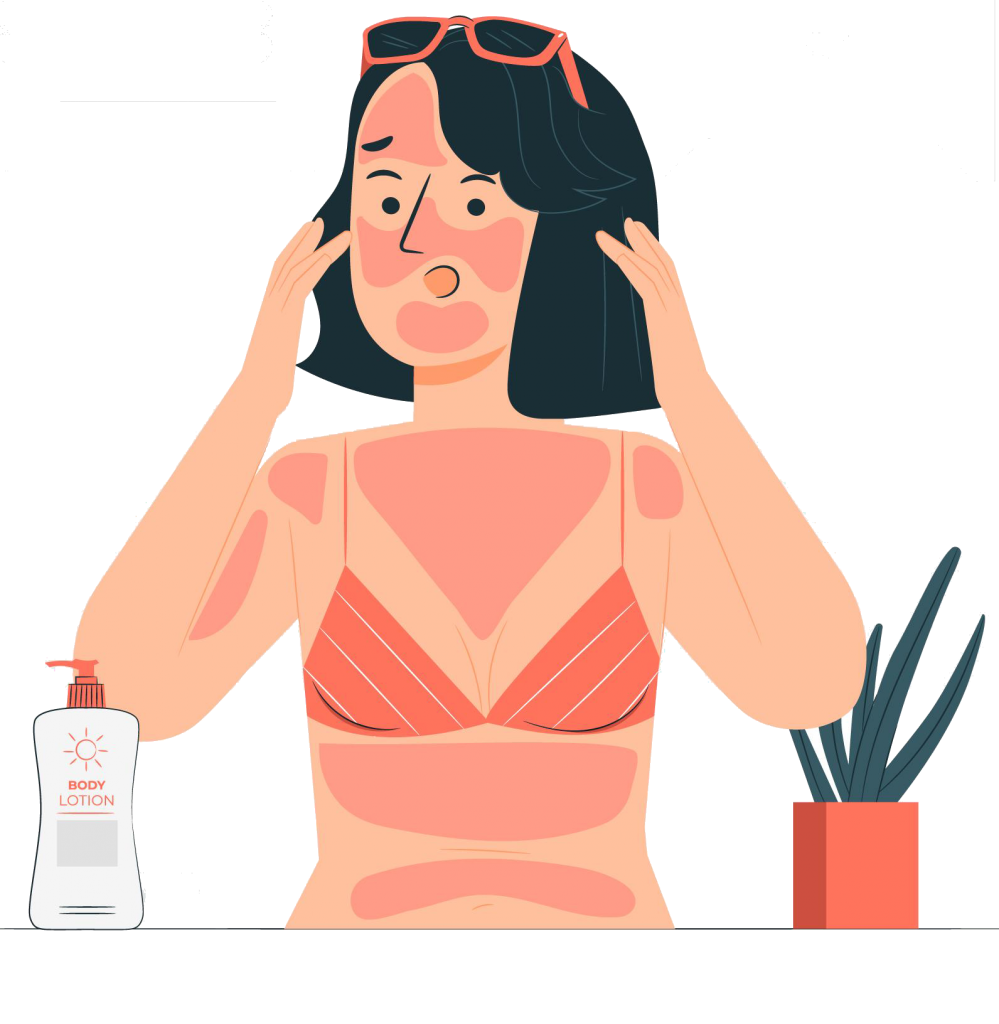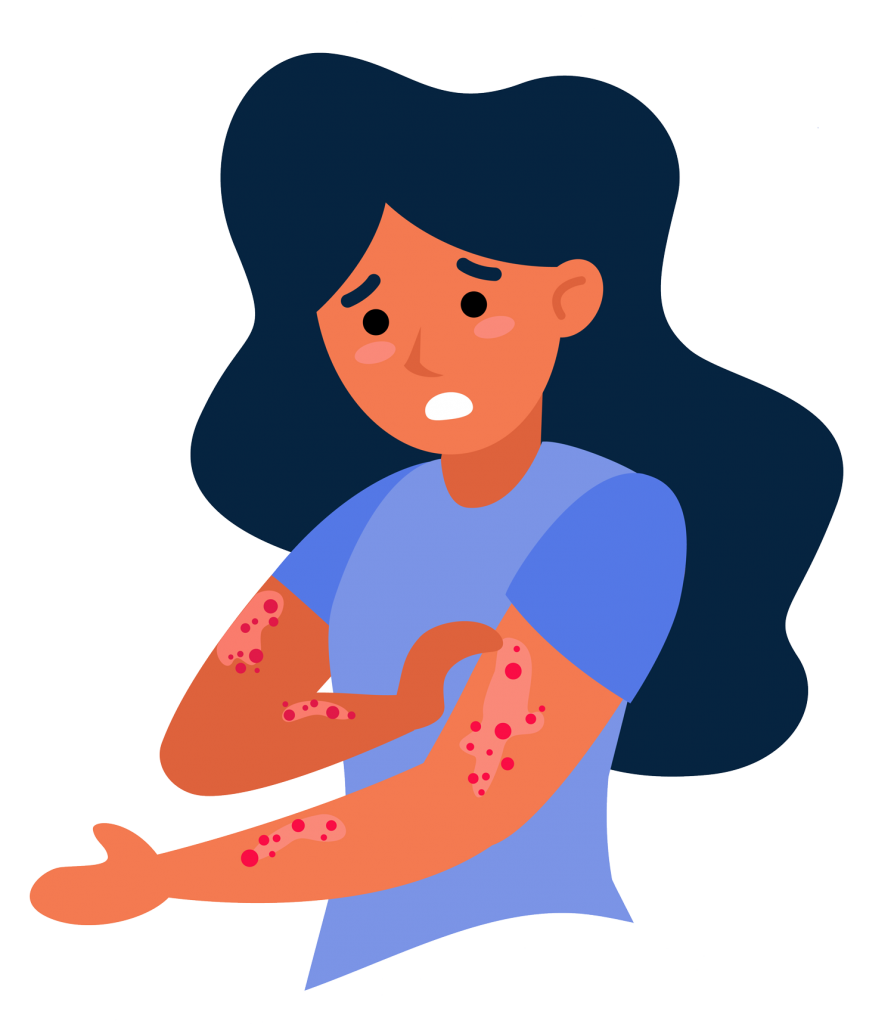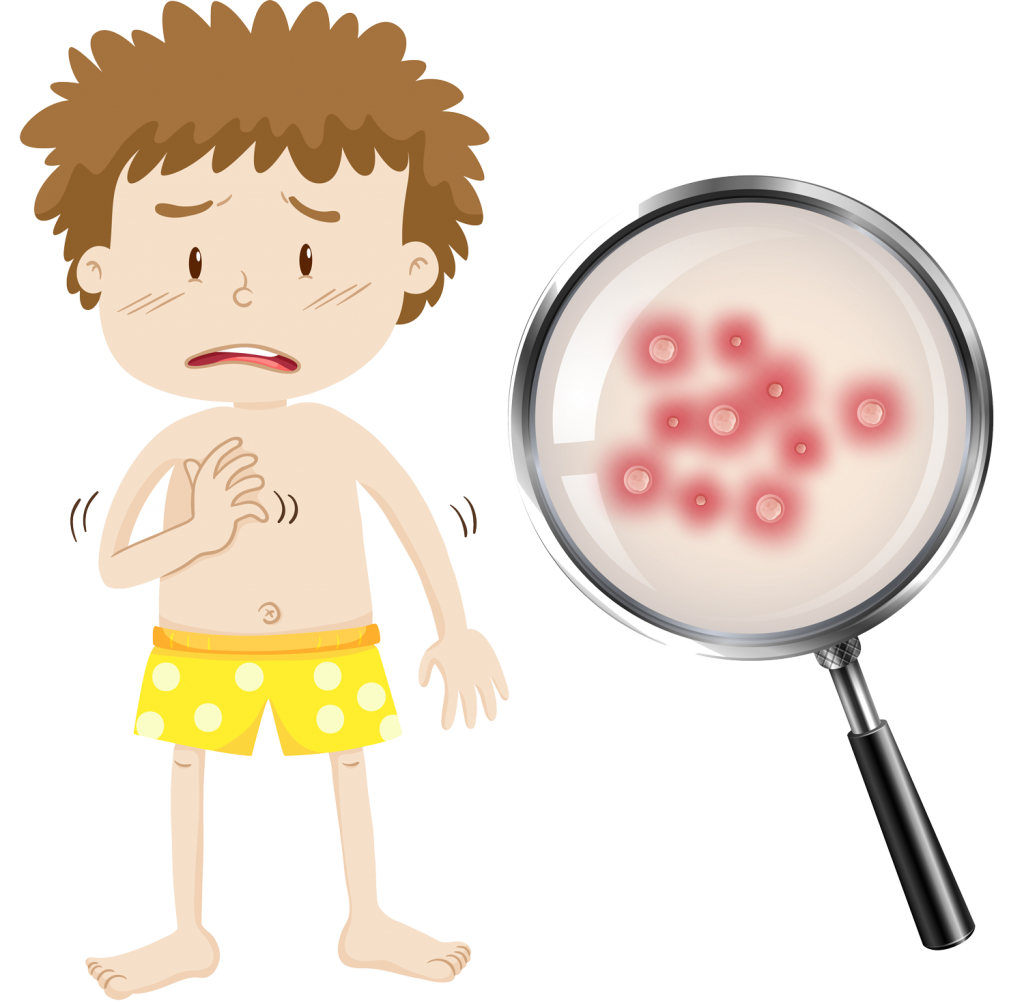CONTACT US: 0919 058 5858 | 02 899 51920
CONTACT US:
0919 058 5858 | 02 899 51920

Severe sunburn may exhibit the following symptoms:
Prevention tips
Remedies

The heat and irritants in the air during summer make the eyes prone to allergic reactions. Sore eyes or conjunctivitis is often short-lived but it can be extremely uncomfortable.
Symptoms of sore eyes
Eye redness
Eye discharge
Watery eyes
Crusting around the eye and eyelid
Pricking sensation
Prevention tips
Always stay hydrated.
Wash your hands frequently with soap and water.
Avoid touching or rubbing your eyes.
Refrain from sharing cosmetics, towels, and blankets.
Get enough sleep for at least six to eight hours.
If you wear contact lenses, it’s best to stop wearing them until symptoms subside. Your doctor might recommend getting rid of disposable contact lenses that you used. Make sure that you disinfect hard lenses before using them again.
Remedies
Cold compress – Put a cold small towel over your closed eyes for five minutes (two to three times a day) to relieve the pain and swelling.
Your doctor might recommend using artificial tears.

Measles (rubeola) is a type of infection caused by a virus. It’s highly contagious and can lead to complications. It can be very dangerous and even fatal to small children.
Symptoms of measles
High fever
Sore throat
Runny nose
Red, watery eyes
2-3 days after initial symptoms appear:
2-3 days after initial symptoms appear: rash (appear from the head to the rest of the body
Prevention tips
This viral infection can be prevented through vaccination.
Measles is highly contagious four days before and four days after the rash breakout. Infected individuals should refrain from physically interacting with other people
Remedies
Over-the-counter medications such as acetaminophen or ibuprofen may be taken to relieve the fever.
The doctor may prescribe antibiotics if a bacterial infection (ear infection or pneumonia) develops while the individual has measles.
Get plenty of rest and drink a lot of water.

Chickenpox is a viral infection that usually affects children but may also affect adults. It can be transmitted through direct contact with the rash/blisters or inhalation of air droplets.
Symptoms of Chickenpox
Fever
Headache
Red, watery eyes
Rashes that develop into blisters
Prevention tips
The Centers for Disease Control and Prevention (CDC) recommends two doses of the chickenpox vaccine (varicella vaccine) for children, adolescents, and adults.
The first dose may be given between ages 12 and 15 months and the second dose from ages 4 to 6.
Infected individuals should avoid going to public areas to prevent the infection from spreading.
Remedies
It is recommended to trim/keep fingernails short and minimize scratching to prevent skin infections.
Applying calamine lotion or taking a cool bath with added baking soda can help reduce the itching.
The CDC discourages the use of aspirin or products with aspirin to relieve fever from chickenpox because it has been linked to Reye’s syndrome, a severe disease affecting the liver and brain.
If you have been exposed to measles, consult a doctor if you’re not vaccinated, pregnant, or have a weakened immune system.

Mumps is a viral infection that can lead to swelling of the salivary glands near the ears.
Symptoms of Mumps
Puffy Cheeks
Tender, Swollen jaw
Pain while swallowing or chewing
Fever
Muscle aches
Headache
Fatigue
Loss of appetite
Prevention tips
Mumps can be prevented by being vaccinated with measles-mumps-rubella (MMR). The vaccination is recommended before a child enters school.
Isolation, especially up to five days after the onset of symptoms, is important to prevent the spreading of the disease.
Remedies
Mumps has no specific treatment. Most children and adults have a full recovery within a few weeks.
Drink plenty of fluids.
Over-the-counter pain relievers may be taken to ease symptoms.
A warm or cold compress can help lessen the pain of the swollen glands.

During the hot months of March to May, the chances of food poisoning increase because bacteria multiply faster in warmer conditions. When people are busy with picnics and summer outings, safe food handling may sometimes be taken for granted. Food poisoning may occur when infectious organisms (e.g. bacteria, viruses, and parasites) contaminate food.
Symptoms of food poisoning
Vomiting
Nausea
Abdominal pain and cramps
Diarrhea
Fever
Prevention tips
Wash your hands with soap and water before and after handling food.
Wash raw fruits and vegetables before consumption.
Sanitize surfaces before and after handling food.
Prevent cross-contamination of food by keeping raw items away from ready-to-eat food.
Ensure that your food is cooked properly at a safe temperature.
Keep perishable food refrigerated.
Always check food expiry dates before consumption.
Remedies
Treatment may depend on the severity of the food poisoning symptoms.
Replacement of lost fluids is important to prevent dehydration.
Persistent vomiting and/or diarrhea may need hospitalization.
Your doctor may prescribe antibiotics if food poisoning is caused by bacteria.
Your doctor may recommend probiotics.
Rest is vital to help you regain your strength.
